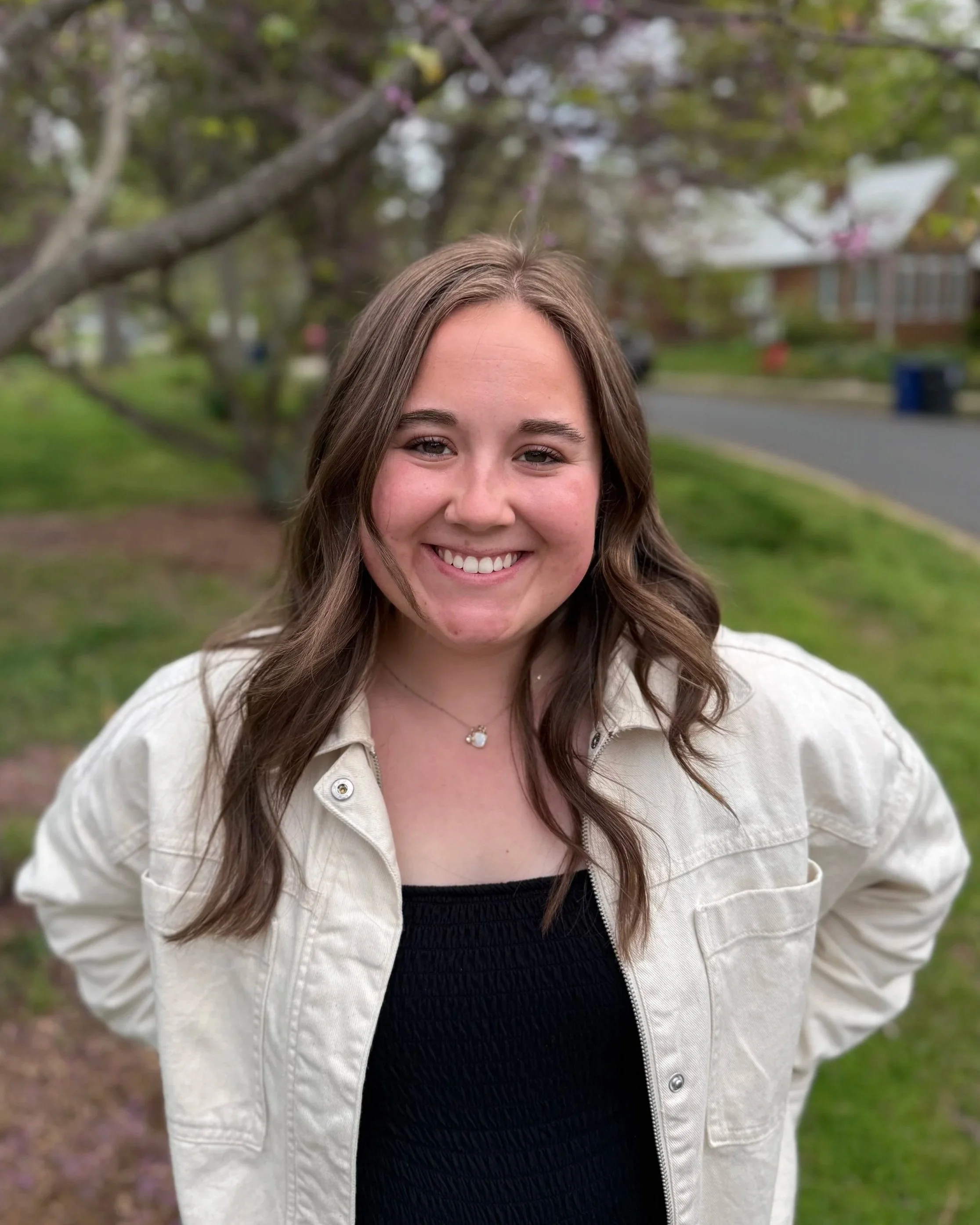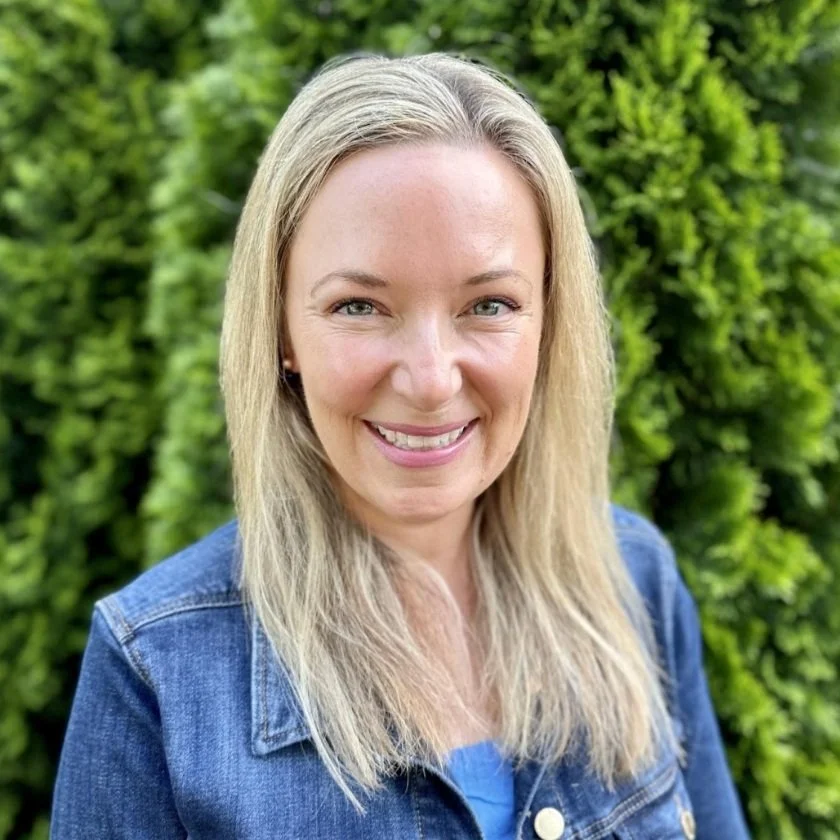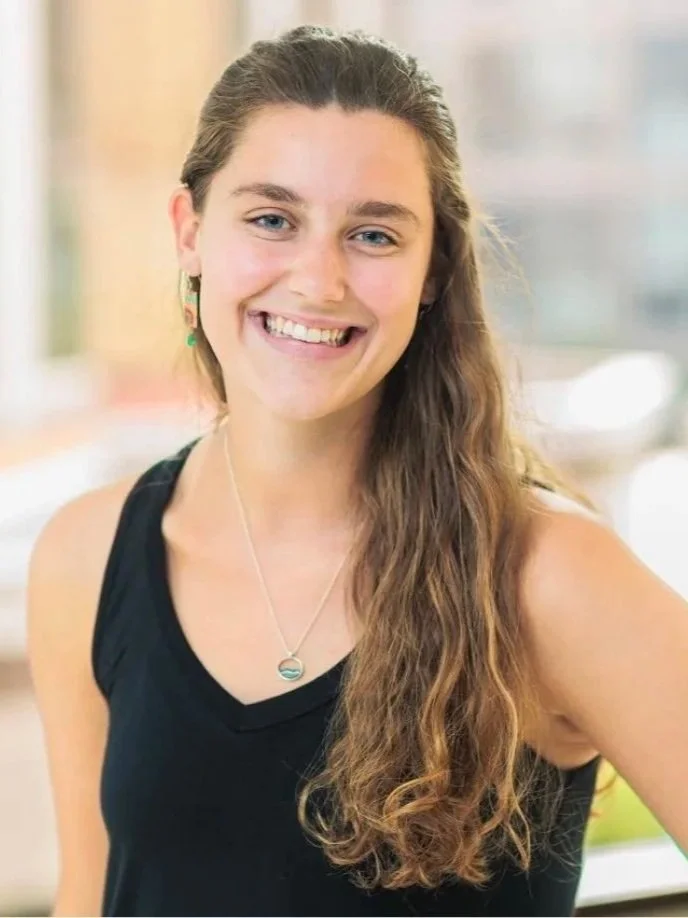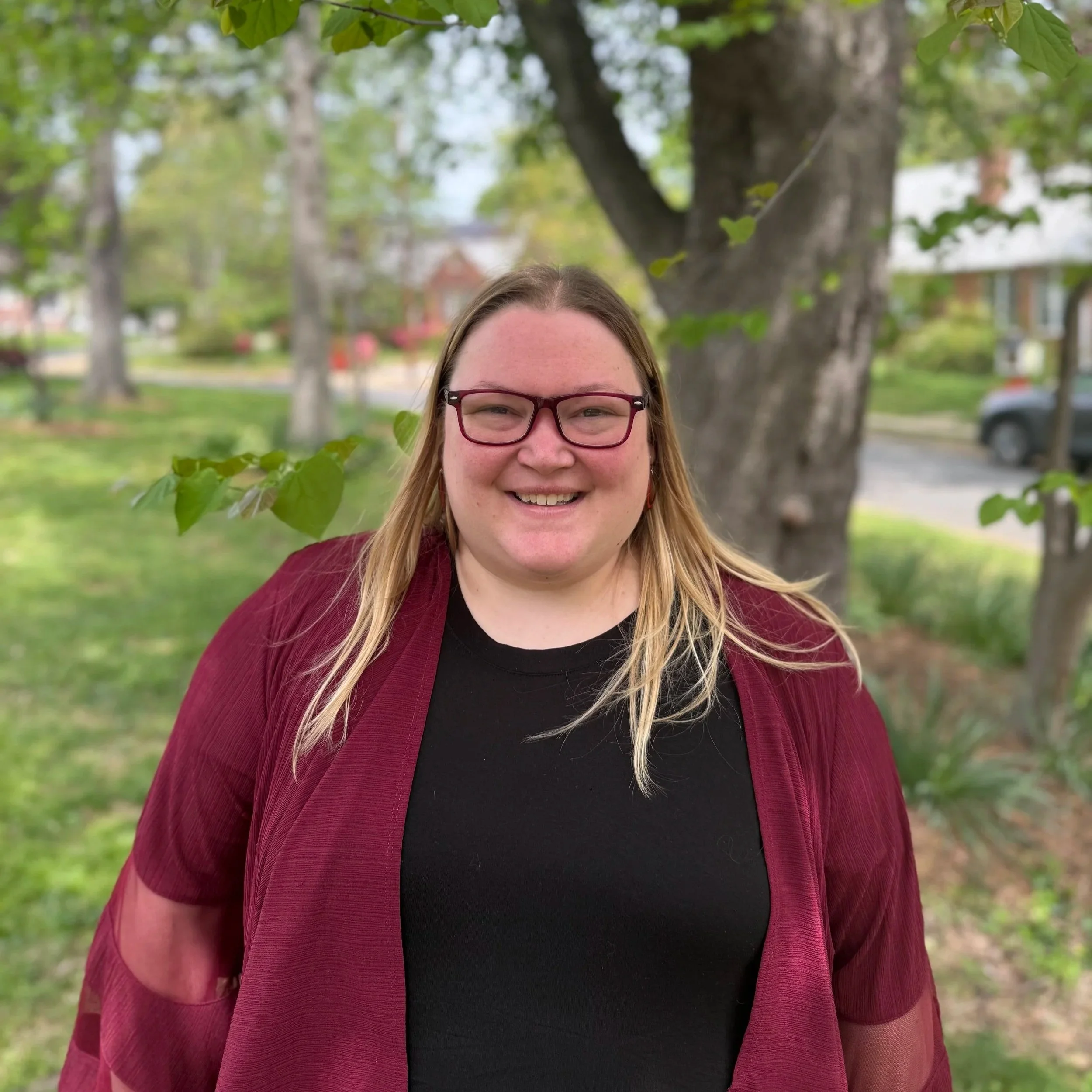Discovery Studio
Learners in our Discovery Studio further develop a love of learning and kindness in relationships with others. Personalized Core Skills- reading, writing, math and computer science - are self-paced and mastery-based using adaptive technology, hands-on materials, and guided skill building sessions. Students explore the arts, sciences, history and natural world through exploratory projects each afternoon. Projects require teamwork, critical thinking and creativity. Meanwhile, plenty of free play binds the community together and builds problem solving and collaboration.
Daily Schedule:
8:30 AM Arrival
8:45 AM Morning Launch
9:00 AM Morning Work
11:00 AM Lunch / Free Time
12:00 PM Afternoon Launch
12:15 PM Projects / Art
2:00 PM Studio Maintenance
2:15 PM Community Meeting
2:30 PM Free Time
3:15 PM Close
3:30 PM Dismissal
What is included in each time block?
Morning & Afternoon Launch: Socratic discussion & community meetings.
Core Skills: Individual and small guided group work in Math, Reading, Spelling, and Writing.
Quests/Projects: Collaborative work time (includes applied Math, Science, Arts & Civilization — our term for “World History” including economics, politics, art, geography, philosophy.)
Art: Visual arts, dramatic arts, musical arts
Close: Reflections on the day and lessons learned.
Meet the Guides:
What Makes Discovery Studio Special:
Flexible Spaces: The Discovery studio space is dynamic, giving learners the opportunity to learn in different ways and the agency to choose the environment that will best support their learning. Learners can choose to work at big tables that support collaboration, in quieter spaces with comfortable seating, at a desk, on the floor, or anywhere else in the studio that they see fit for their learning.
Time Outdoors: Discovery learners have a 1-hour block of outdoor free time mid-day and another 45-minute block in the afternoon each day. Ever Friday afternoon is spent at a local park. This time binds the community together and fosters creativity, curiosity, and care for the natural world.
Badges: Rather than getting grades, Discovery learners earn badges once they show mastery in an area of learning. This mastery-based system allows learners to make mistakes, try again, and continue learning in their challenge zone.
Quests: Each afternoon, Discovery learners engage in session-long projects that explore the arts, sciences, history, and natural world. These projects foster teamwork, critical thinking, and creativity and allow learners to connect their learning to the local community.





